I was 16 when I realized everything about me was made up. It was a harrowing discovery, brought about by a haunting dissonance in my brain that felt a little bit like shame. Who was I, if not a product of my environment? What did I believe, if not what I was told to believe?
Whatever I was, it wasn’t right. It didn’t align with something in my soul. But I didn’t know how to get to the core of who I “am.”
My solution? Scrap all of it and start over again.
I’ve spent more time than I can ever add up attempting to unravel the stories I’ve been told and creating ones that lie closer to my personal truth. I call it free will sometimes—that sounds dramatic—but it really does feel like it. So many people seem to be in a perpetual state of responding to stimuli. They rarely pause to question the stimuli. I find it challenging to judge someone who’s not awake to their own reactivity. That’s why I lack a strong sense of judgement, even toward people I disagree with, even toward people I should consider bad.
For me, it was an active decision to be who I am, so I have to take full responsibility for it. But I don’t think it’s the same for most people, so I don’t blame them too much. Most people suck because of something outside of their control, and they never got around to realizing there’s another option. Or they did, but the reactive energy to spark free will was never quite up to par. I don’t know how it works. I don’t think we ever will.
But it worked for me, I think.
My internal discovery allowed me to reclaim, in many ways, a sense of selfhood and sovereignty that I previously lacked. But it also made me really skeptical. Skeptical of everything. And afraid to create “truths” for myself based on a sliver of acquired knowledge of some subject. I didn’t want to fall into the same trap of creating truths based on bias or ignorance or whatever my environment told me was true. So I’ve been cautious—maybe too cautious at times— when creating my “reality” so to speak, even to the degree that I don’t allow myself to have opinions on things I don’t know enough about. It makes me feel like too much of a blank slate sometimes, but I think it’s better than being a reactive cog in a machine.
There’s a lot I don’t know—far more than what I do know. What I do know is a drop of water in the ocean of all knowledge. But I have, over the years, created some foundational “truths” that guide me toward having an opinion on certain matters, even if I don’t know everything there is to know about everything. This is sometimes all we can do.
A few of my truths
1. We are one humanity. Other identity traits are all human-made and separate us from the truth of that oneness.
Nationality, religion, race— nope. All are fake. Made up. Invented. Identity markers are beautiful and necessary for some very important discussions, but at the very core of it, they are just stories, and nothing more.
We are just humans on land, and we will tell ourselves stories, and then we will die.
2. We are all humans, and we are the same. But we were not born the same.
That’s because we value some lives more than others due to the stories we tell, like that a white life is worth more than a brown life. That’s made up. But we tell the story and we believe it and we feel it. 3,000 Americans died on 9/11, and the world mourned. 5 million Iraqis died in response, and very few people cared.
That story needs to change.
3. We are all the same. I am you and you are me. Any pain you inflict on a stranger is pain you inflict on yourself.
Therefore, inflicting pain does not negate your own, but amplifies it. Violence does not condone, permit, or necessitate violence in return. The belief that violence is necessary is also a story we tell ourselves. Just because we tell ourselves that doesn’t make it true. Just because history repeats it doesn’t mean the future needs to be the same.
4. You will feel pain, and you must feel the pain, but do not become it.
Never become it. There are too many walking bleeding wounds of people lashing out at others because of their own miseries, and they aren’t even aware of it.
We will suffer because life is suffering. It is also love and beautiful things, but it will always be suffering because nothing is permanent— that is a law of the Universe. People are cruel, and they tell stories that perpetuate that cruelty. But you have the option to not spread that cruelty. You have the option not to wish it for others or inflict it on others. And you shouldn’t, if you can avoid it. They are you. You are them. We are the same. The cycle of pain can end with you, and so it must.
5. Self-defense is a caveat. All people have the right to defend themselves against violence and cruelty.
Violence and cruelty do not always look like blood and bruises. They also look like oppression. But where the line gets drawn in the sand, I don’t know.
6. Nothing is permanent.
Yeah, I know, get the Buddha out here. But really, can we all just love without expecting it to last forever? Can we all live with the certainty that death looms imminently on the horizon? Can we all just take each precious little moment and squeeze every last drop of life, because it is the only moment that has ever been and will ever be like it? Imagine that world. What a world.
7. Everything is less serious than you think.
Unless we’re talking about war and death and human rights, relax. You’ll find your missing shirt. The sun will rise and set and another day will come. They’ll text you back, or maybe they won’t. If not, whatever. Their loss.
8. It doesn’t need to be like it was. It doesn’t need to be like it is.
There are no rules here. We made everything this way. Out of all the possibilities, this is the world we made. Can you even believe it? What a wreck.
Well, just because something seems to have “always been” doesn’t mean it will always be. Even those claims about the inherent nature of man can change. We’re constantly evolving. Let’s make new gene patterns by emphasizing love and community rather than war and conflict! (I do in fact believe those gene patterns already exist, but I digress).
How bout let’s try electing only women and see if world conflict drops to zero! God, there are so many possibilities and we are so very constrained by a lack of imagination.
9. The truth is what you decide it is.
If there were ever to be a universal truth, it is merely the sum of all beliefs.
Having different truths warps and fractures reality. I do not live in the same world as those who believe violence is the end-all, be-all. And good fucking riddance, cause I don’t want to live in that world.
I want all lives to have equal worth, so that is my truth. I want a world without violence, so that is my truth. And in my current observable reality, we value the lives of some humans far less, and we condone the murder of many for reasons that never have been, and never will be condonable.
That is my truth and my reality, and I believe it is the only right one to have. But there are many that will disagree with me. Many who will claim that not all lives are equal, or that some deserve to die, or that violence is a means to an end—a quick, brutal moment of cruelty for an eternity of peace.
(10.) Those people can kindly fuck off.


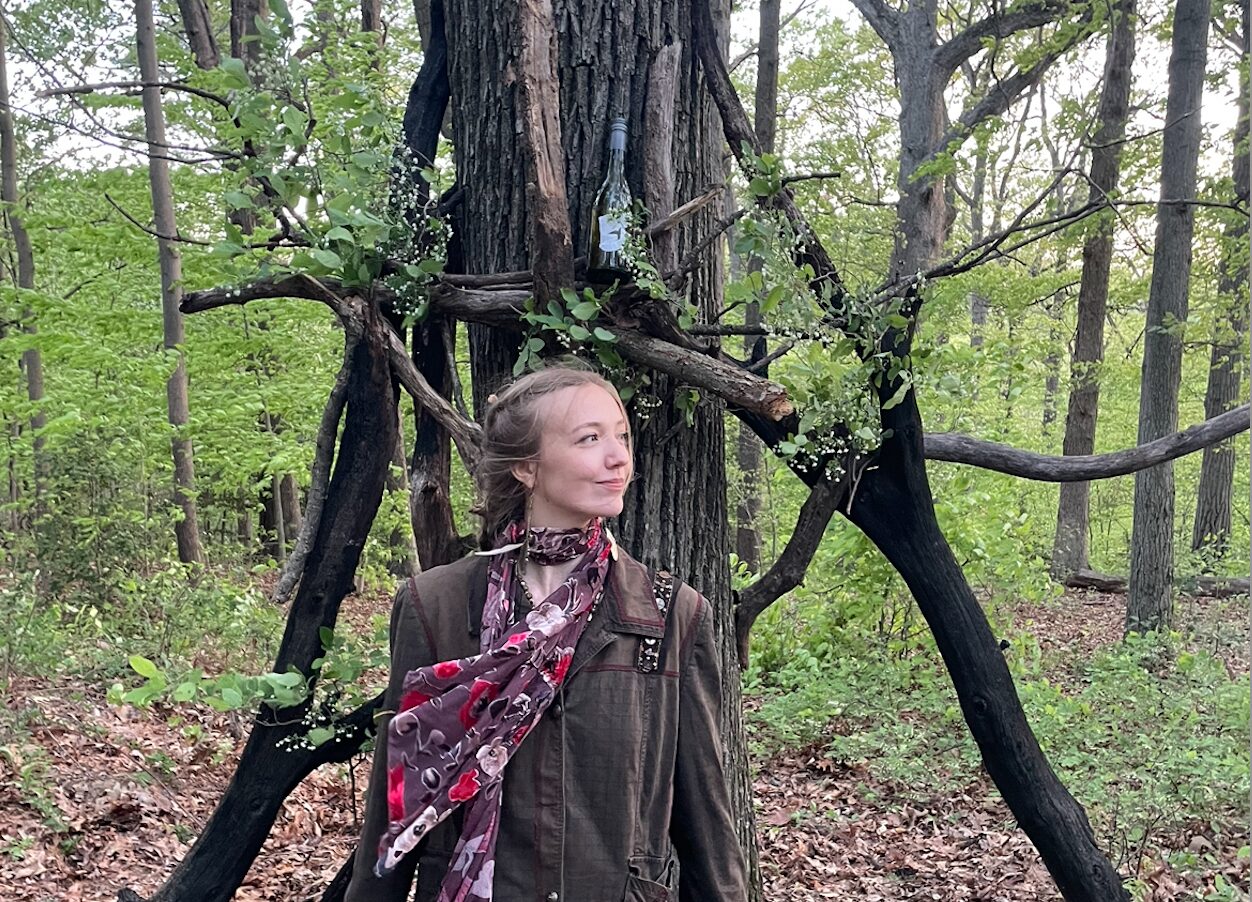
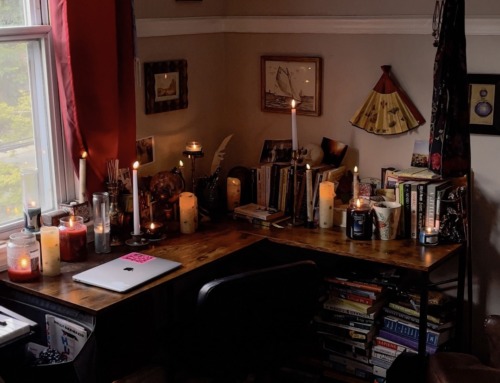
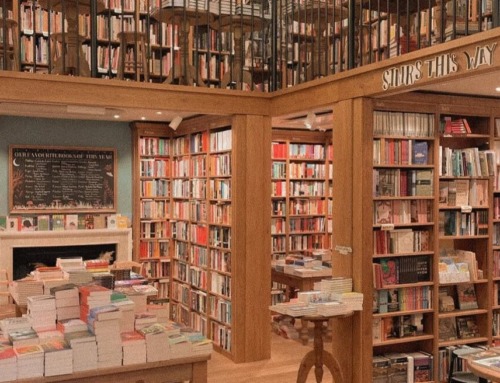
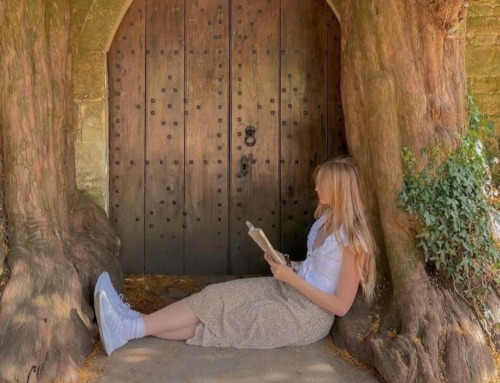
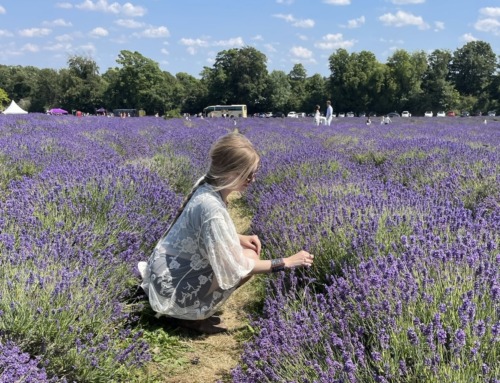
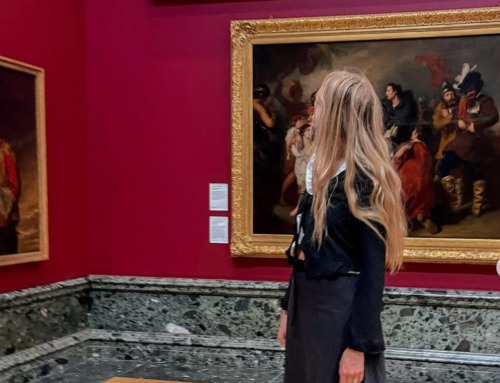
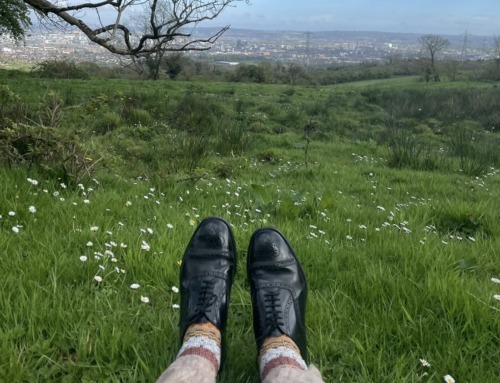
Leave A Comment